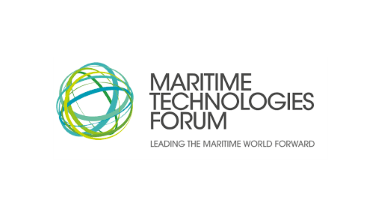
The Maritime Technologies Forum (MTF) has revealed new guidelines for conducting alternative qualitative fuel risk assessments for alternative fuelled ships: HAZID and HAZOP.
The use of alternative fuels will be key to addressing the 2023 IMO Strategy on Reduction of GHG Emissions from Ships. While IMO has developed guidelines for design and operation of ships capable of using them, the Alternative Design and Approval process is required for most alternative fuels until mandatory regulations are in place. And this dictates using qualitative risk assessment to document an equivalent level of safety compared with a vessel designed to operate with conventional fuels.
Existing guidelines, such as MSC.1/Circ.1455 and IACS Rec. 146, remain valuable references to the general process for handling alternative design, independent of technology.
With the industry’s expanding adoption of alternative fuels and lessons learned from recent projects, MTF considered that there is a need to make a supplement to these documents to cover a wider range of fuels and technologies.
The new MTF report provides guidelines for conducting qualitative risk assessments as a core component of the approval process for alternative-fuelled ships. This addresses both HAZID and HAZOP studies, detailing qualification requirements for personnel involved and outlining the procedural steps involved. The guidelines also specify required input documents, reporting requirements and risk criteria. The guidelines support the identification of potential hazardous events and the development of preventive and mitigative safeguards to manage risks associated with the use of alternative fuels.